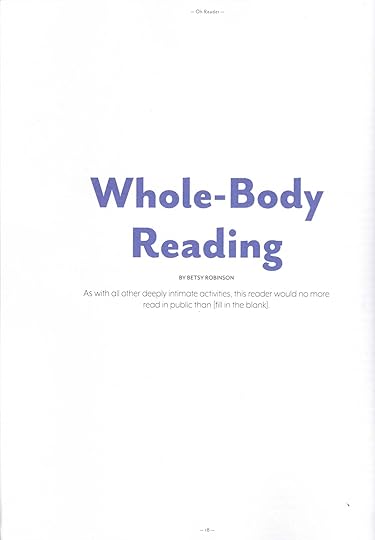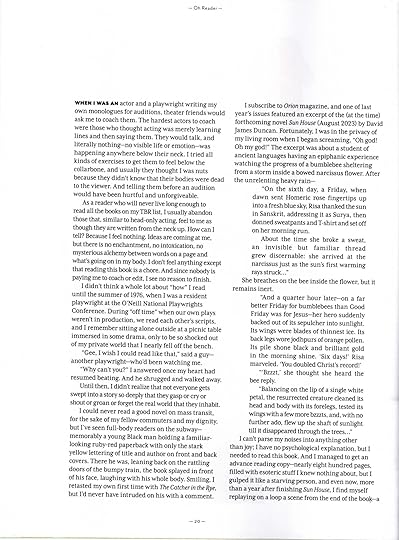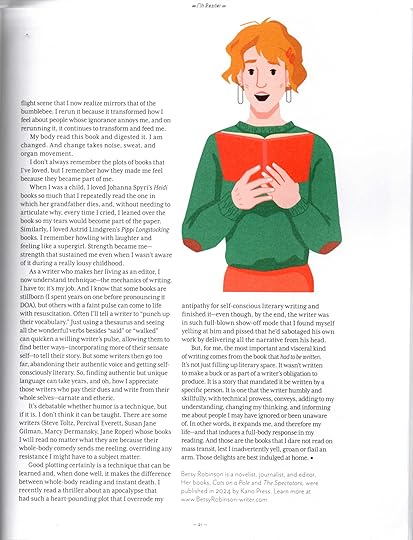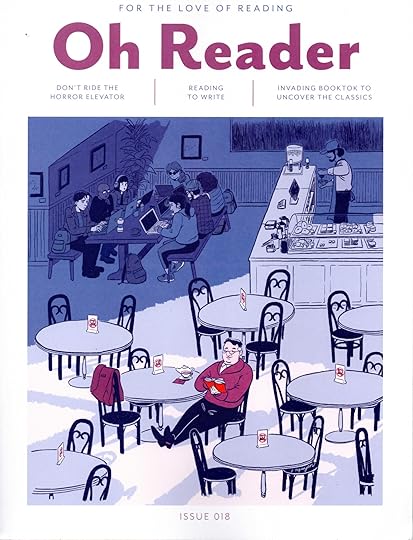What do you think?
Rate this book
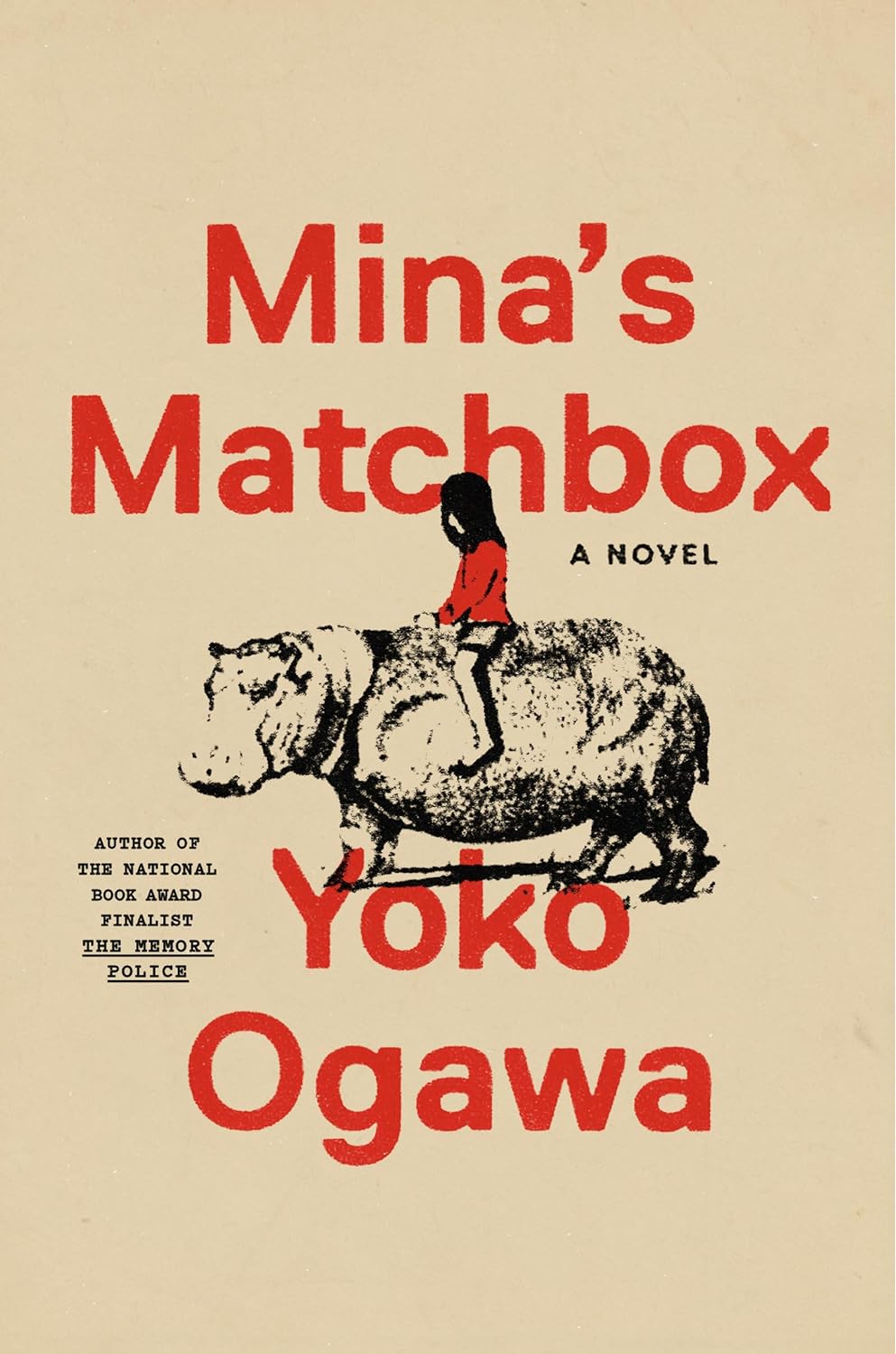

282 pages, Hardcover
First published April 1, 2006
When I think back to my time in Ashiya, the day Mina showed me her boxes of matchboxes stands out as the day she really took me into her confidence. Of course, we’d been on good terms before then, but the boxes of boxes opened the final door to our friendship. I was the only one among her friends or family who knew her secret. In that enormous house in Ashiya, she and I were the only ones who knew what was hidden away in those little boxes.
Whenever I return there in my memory, their voices are as lively as ever, their smiling faces full of warmth. Grandmother Rosa, seated before the makeup mirror she brought from Germany as part of her trousseau, carefully rubbing her face with beauty cream. My aunt in the smoking room, tirelessly hunting for typographical errors. My uncle, impeccably dressed, even at home, endlessly tossing off his quips and jokes. The staff, Yoneda-san and Kobayashi-san, working hard in their respective domains; the family pet, Pochiko, relaxing in the garden. And my cousin Mina reading a book. We always knew when she was about from the rustling of the box of matches she kept in her pocket. The matchboxes were her precious possessions, her talismans.
With the passage of time, even as the distance has increased, the memories of the days I spent with Mina in Ashiya have grown more vivid and dense, have taken root deep in my heart. You might even say they’ve become the very foundation of my memory. The matchboxes from Mina, my card from the Ashiya Public Library, the family photo taken in the garden — they’re always with me. On sleepless nights, I open the matchbox and reread the story of the girl who gathered shooting stars. I remember that Sunday adventure, when I went alone to the Fressy factory, received a matchbox from a batlike man, and found the Ezaka Royal Mansion. And when I recall those things, I feel somehow that the past is still alive, still watching over me.
